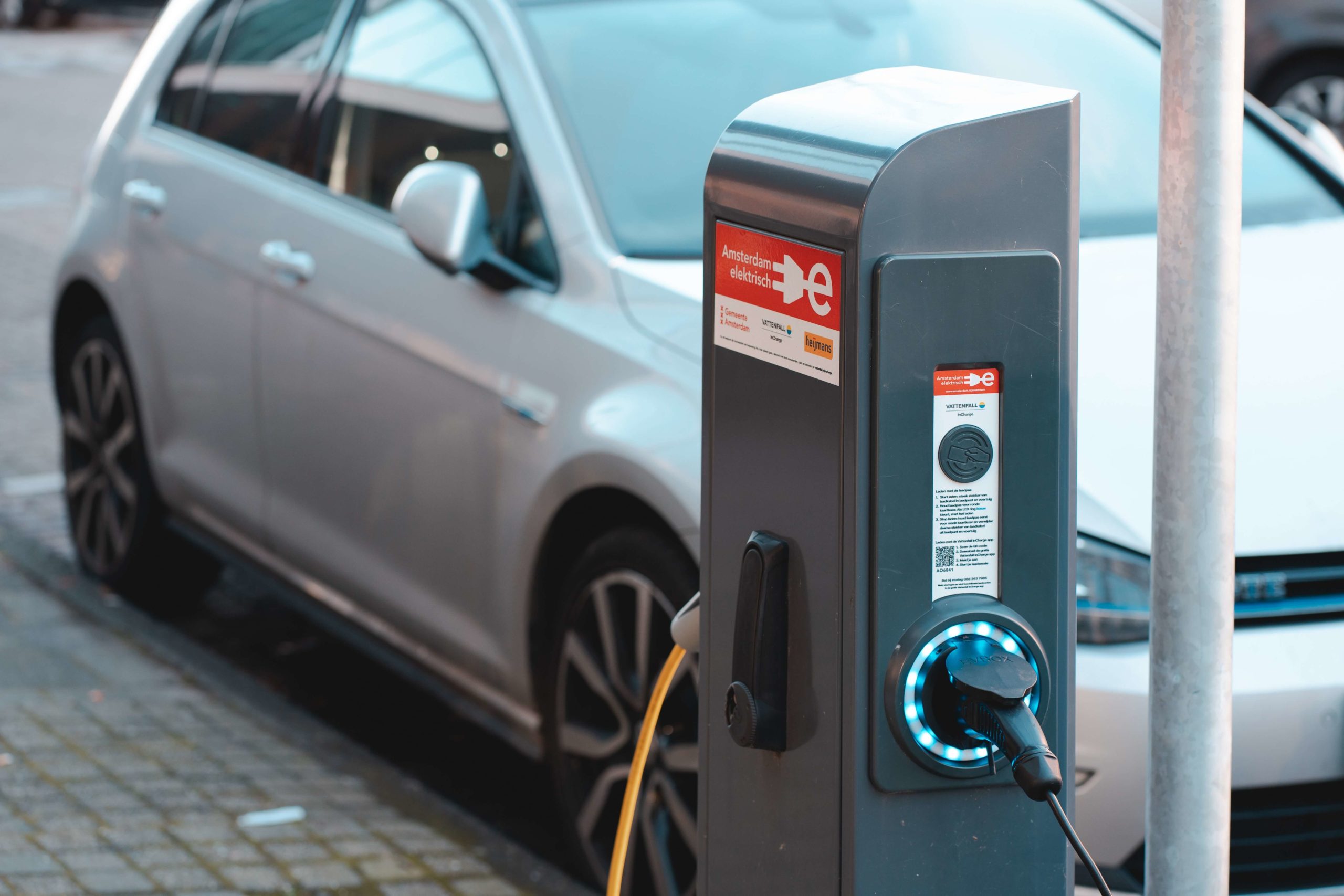New laws introduced to speed up EV charging

In November 2023, new UK regulations regarding electric vehicle (EV) charging came into force. These laws aim to make charging an electric vehicle easier, quicker and more reliable, offering benefits to millions of drivers and helping to support the government’s 2035 zero emission vehicle goal.
In this article, we’re going to take a look at the new EV charging laws, what they apply to, and how else the public charging infrastructure is being improved.
What are the new EV charging regulations?
The Public Charge Point Regulations come into force on 24 November 2023 and are designed to make it easier for consumers to:
– Locate the right public charge point for their needs
– Pay for charging
– Feel confident that public charge points will be in good working order
– Compare prices across multiple public charge point networks
The new regulations require public charging points to provide:
– Contactless payment for new public charge points of 8kW and above, and existing charge points of 50kW
– Payment through at least one roaming provider
– 99% reliability across rapid charge points
– A free 24/7 staffed telephone helpline
– Accurate, open data using the Open Charge Point Interface (OCPI)
– A clear display of the maximum price of a charging session in pence per kilowatt hour
Which EV chargers do the new regulations apply to?
All charge points that are accessible to the public must comply with the regulations. This includes charge points that offer free charging for some or all of the session. The regulations don’t apply to charge points that are exclusively for workplace or domestic use.
The regulations apply where EV charge points are located in/on:
– Public roads for public use
– Publicly owned car parks and residential car parks with unassigned parking bays
– Privately owned car parks that the public has access to (e.g. supermarkets, service stations)
The regulations do not apply where EV charge points are located in/on:
– Residential care homes
– Car parks reserved for staff or fleet use
– Parking areas restricted for the sole use of residents and/or visitors
– Multi-occupancy residential premises with shared parking area
– Residential streets where charge point use is restricted to local residents
– Private driveways for the owner’s use only
– Private driveways made available for for peer-to-peer charging
The following are also exempt from the regulations:
– Car dealership forecourts for a specific manufacturer for customer use only
– Proprietary networks whose charge points and use are restricted to one specific car manufacturer
– Charge points intended for the sole use of certain drivers (e.g.taxis, ambulances)
Who is legally responsible?
The charge point operator, whether the owner or a third party, is legally responsible for ensuring that any applicable public charge points under their care are in line with the new regulations.
Those who are not responsible for the day-to-day management and operation of the charge point are not considered to be a charge point operator, even if they are the owner of the equipment. This includes installers and white-label operators such as supermarkets, who may display their name on a charge point without actually being responsible for its operation and maintenance.
How else is the public charging infrastructure being improved?
These new laws come as part of the UK’s Plan for Drivers, which aims to make driving as straightforward, accessible, environmentally responsible and safe as possible. Other initiatives within this plan that support the public charging infrastructure include:
– Reviewing and accelerating the grid connections process for EV charge points
– Speeding up the approvals process for installation of charge points
– Providing support and grants for schools to install charge points
– Widening eligibility of EV charge point grants
– Providing guidance on the use of safe cross-pavement solutions
– Making private chargepoint installation cheaper and easier
– Working with industry to myth-bust concerns about EVs
Want to learn more about electric vehicle charging?
As electric vehicles become a bigger part of daily life in the UK, electricians may find that they receive more enquiries about installing and maintaining EV charging devices. Our Electric Vehicle (EV) Charging Course is ideal for those looking to offer the installation of electric charging points to their customers, opening up a new revenue stream while helping the UK to embrace more environmentally friendly modes of transportation.
To find out more about any of our courses, please call us on 01444 872 145 or get in touch with us online and we’ll be happy to advise you.
Back to blog



